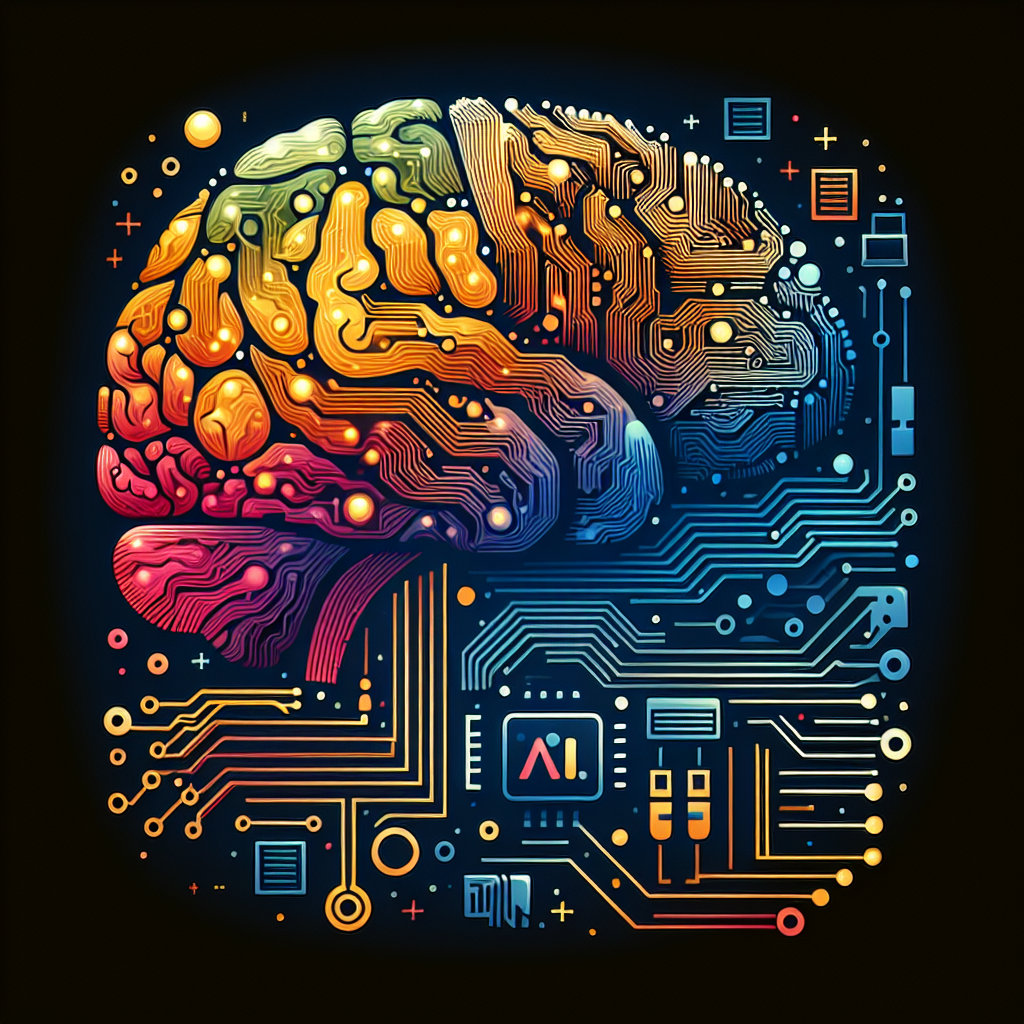The Impact of AI Software on Mental Health
Artificial intelligence (AI) has made significant advancements in various industries, including healthcare. In recent years, AI software has been increasingly used in the field of mental health to improve diagnosis, treatment, and overall patient care. The integration of AI technology in mental health services has the potential to revolutionize the way we approach mental health care and provide more personalized and effective treatment options for individuals struggling with mental health issues.
One of the key benefits of AI software in mental health is its ability to analyze vast amounts of data and identify patterns that may not be readily apparent to human clinicians. This can help in early detection of mental health disorders, as well as in predicting relapse or deterioration in a patient’s condition. AI algorithms can also assist in determining the most effective treatment options for each individual based on their unique characteristics and history.
AI software can also be used to deliver therapy and support to individuals in a more accessible and affordable manner. For example, chatbots powered by AI technology can provide instant support to individuals in crisis or those in need of immediate assistance. These chatbots can engage in conversations with users, provide information and resources, and even offer therapeutic interventions based on cognitive-behavioral therapy principles.
In addition, AI-powered apps and platforms can track a person’s mental health over time, providing valuable insights into their mood, behavior, and overall well-being. This data can be shared with healthcare providers to inform treatment decisions and monitor progress. AI software can also be used to develop personalized treatment plans for individuals, taking into account their unique needs, preferences, and goals.
Furthermore, AI technology can help address the shortage of mental health professionals by automating routine tasks and streamlining administrative processes. This can free up clinicians to focus on more complex cases and provide higher quality care to their patients. AI software can also assist in identifying individuals at risk of mental health issues, enabling early intervention and prevention strategies to be implemented.
Despite the numerous benefits of AI software in mental health, there are also concerns and challenges that need to be addressed. One of the main concerns is the potential for bias in AI algorithms, which can lead to disparities in diagnosis and treatment outcomes for different populations. It is important for developers to ensure that AI systems are trained on diverse and representative data sets to avoid perpetuating existing biases in healthcare.
Another challenge is the issue of privacy and data security, as AI software collects and analyzes sensitive information about individuals’ mental health. It is crucial for healthcare providers and developers to prioritize data protection and ensure that patient information is kept confidential and secure. Transparency and informed consent are also essential in the use of AI technology in mental health, as individuals should be aware of how their data is being used and have the option to opt out if they choose.
In conclusion, AI software has the potential to have a transformative impact on mental health care, offering new opportunities for early detection, personalized treatment, and improved access to support services. By leveraging the power of AI technology, we can enhance the quality and efficiency of mental health services and ultimately improve outcomes for individuals struggling with mental health issues.
FAQs
Q: How accurate are AI algorithms in diagnosing mental health disorders?
A: AI algorithms have shown promising results in diagnosing mental health disorders, with studies demonstrating high levels of accuracy in detecting conditions such as depression, anxiety, and PTSD. However, it is important to note that AI algorithms are not infallible and should be used as a tool to support clinical decision-making rather than as a replacement for human judgment.
Q: Can AI software provide therapy and counseling to individuals?
A: AI-powered chatbots and virtual therapists can offer support and guidance to individuals in need of therapy or counseling. While these tools can be helpful in providing immediate assistance and access to resources, they are not a substitute for traditional therapy with a trained mental health professional. It is important for individuals to seek professional help when needed and use AI software as a supplementary resource.
Q: How can individuals ensure the privacy and security of their mental health data when using AI software?
A: It is important for individuals to carefully review the privacy policies and data protection measures of any AI software or platform they use for mental health purposes. Healthcare providers and developers should prioritize data security and encryption to safeguard patient information. Individuals should also be aware of their rights regarding data privacy and have the option to control how their data is used and shared.
Q: What steps are being taken to address bias and disparities in AI algorithms used in mental health care?
A: Developers and researchers are actively working to address bias and disparities in AI algorithms through the use of diverse and representative data sets, as well as algorithmic transparency and accountability measures. It is important for healthcare providers to continuously monitor and evaluate the performance of AI systems to ensure fair and equitable outcomes for all individuals.

